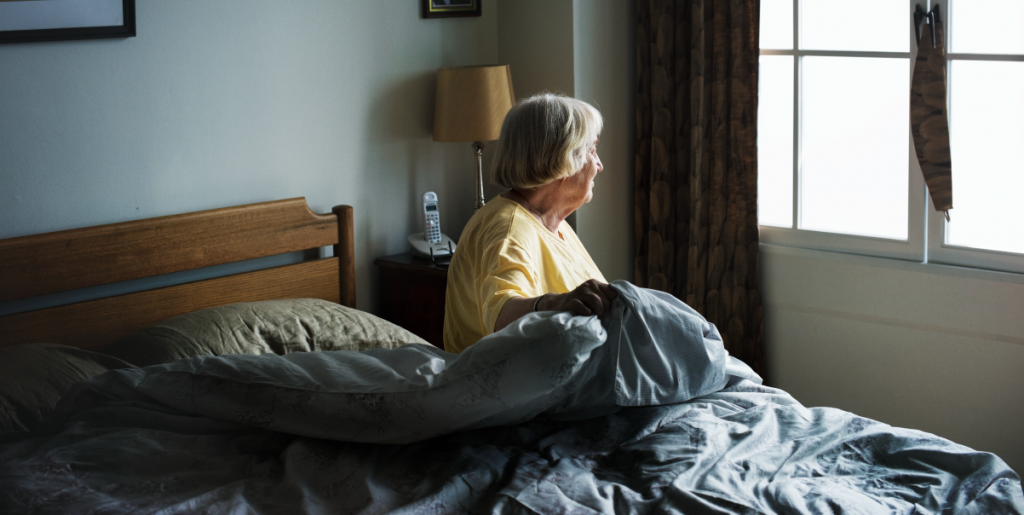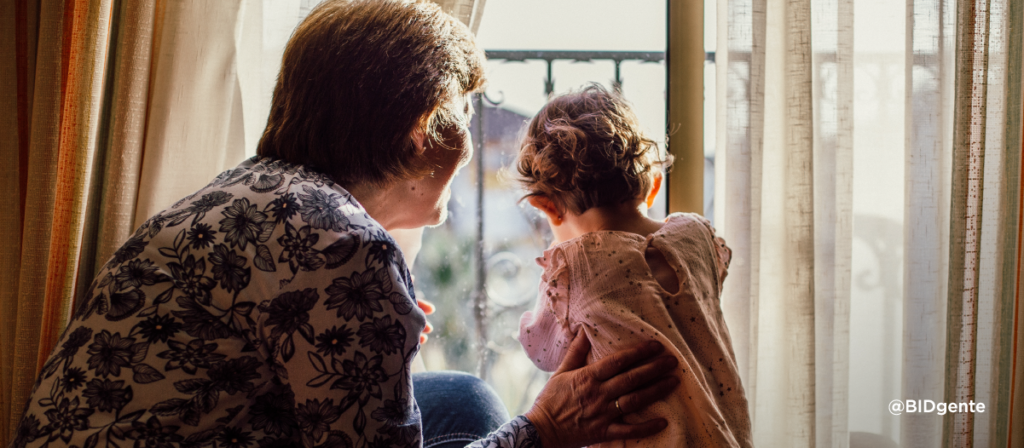Every 3 seconds, someone in the world develops dementia. Most of these individuals reside in low- and middle-income countries. Latin America is likely to be significantly impacted by the global increase in the number of people affected by dementia. By 2050, it is expected to rise from more than 7.8 million people in 2013 to over 27 million. Brazil has … [Read more...] about Stigma and Discrimination among People Living with Dementia
age with care
Dementia and COVID-19 in Latin America and the Caribbean
The COVID-19 crisis has highlighted the ongoing global lack of preparedness for health systems around the world. In the case of some diseases like dementia, one of the biggest health and social care crises of this and future generations; awareness, support and education are key to successfully prepare patients, family members and caregivers. In this article, we ask Paola … [Read more...] about Dementia and COVID-19 in Latin America and the Caribbean
Women as Caregivers: Less time, less money, more work.
Latin America and the Caribbean is the fastest-aging region in the world. People living longer is a positive development, but it brings with it more widespread care dependence—difficulty performing activities of daily living like bathing or getting dressed. We estimate that by 2050, between 27 and 35 million people in our region will need help completing these basic tasks. This … [Read more...] about Women as Caregivers: Less time, less money, more work.
Who takes care of older people in Latin America and the Caribbean?
More than 8 million older people are dependent on long-term care in Latin America and the Caribbean. These people are not able, on their own, to perform at least one basic activity of daily living, such as bathing or showering, eating, using the toilet, dressing, getting around a room, or getting in and out of bed. In this region, care dependence affects 12% of people over … [Read more...] about Who takes care of older people in Latin America and the Caribbean?
Aging at home: the preferred option of older adults
People prefer to age at home, in a familiar setting, and surrounded, when possible, by their belongings and closest relatives and friends. This is not only a matter of personal preference. The World Health Organization highlights the importance of the context in determining the effects of aging on health: aging at home increases confidence levels, independence, and … [Read more...] about Aging at home: the preferred option of older adults





